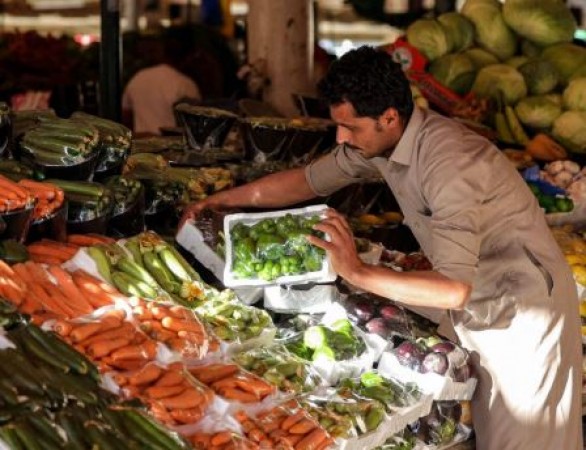
Fasting during Ramadan is a significant spiritual practice for Muslims around the world. However, for individuals with diabetes, fasting can present challenges that need careful consideration. Here are five essential things diabetic patients should keep in mind to ensure their sugar levels remain under control during this holy month.
Consultation with Healthcare Provider Before embarking on the fasting journey, it is crucial for diabetic patients to consult with their healthcare provider. Medical professionals can provide personalized advice based on individual health conditions and medication regimens. They can offer guidance on adjusting medication doses, meal timing, and monitoring blood glucose levels.
Balanced Meal Planning Maintaining a balanced diet is essential for diabetic patients during Ramadan. Suhoor, the pre-dawn meal, should include complex carbohydrates, fiber-rich foods, lean protein, and healthy fats to provide sustained energy throughout the day. Similarly, Iftar, the evening meal to break the fast, should consist of nutrient-dense foods to replenish energy stores and regulate blood sugar levels.
Hydration is Key Dehydration can exacerbate diabetic symptoms and lead to complications. It is vital for diabetic patients to stay hydrated during the non-fasting hours by consuming an adequate amount of water and hydrating beverages. Avoiding sugary drinks and caffeinated beverages can help prevent spikes in blood sugar levels and maintain hydration levels.
Monitoring Blood Glucose Levels Regular monitoring of blood glucose levels is crucial for diabetic patients fasting during Ramadan. Monitoring should occur more frequently than usual, especially before Suhoor, Iftar, and bedtime. Keeping a log of blood glucose readings can help identify patterns and trends, enabling adjustments to medication or dietary intake as necessary.
Be Mindful of Physical Activity Engaging in moderate physical activity during Ramadan can offer numerous health benefits for diabetic patients. However, it is essential to choose the right time for exercise to avoid fluctuations in blood sugar levels. Light exercise, such as walking or gentle stretching, can be incorporated during non-fasting hours to promote overall well-being.
Conclusion Fasting during Ramadan can be spiritually rewarding, but it requires careful planning and consideration for diabetic patients. By following these five essential guidelines, individuals with diabetes can navigate the fasting period safely while keeping their sugar levels under control.
Want to Reduce Belly Fat? Take THESE nuts daily
Do not ignore the prick in the chest, there can be 5 dangerous reasons
Due to this problem in the eyes, Glaucoma occurs, then the eyes start filling with water